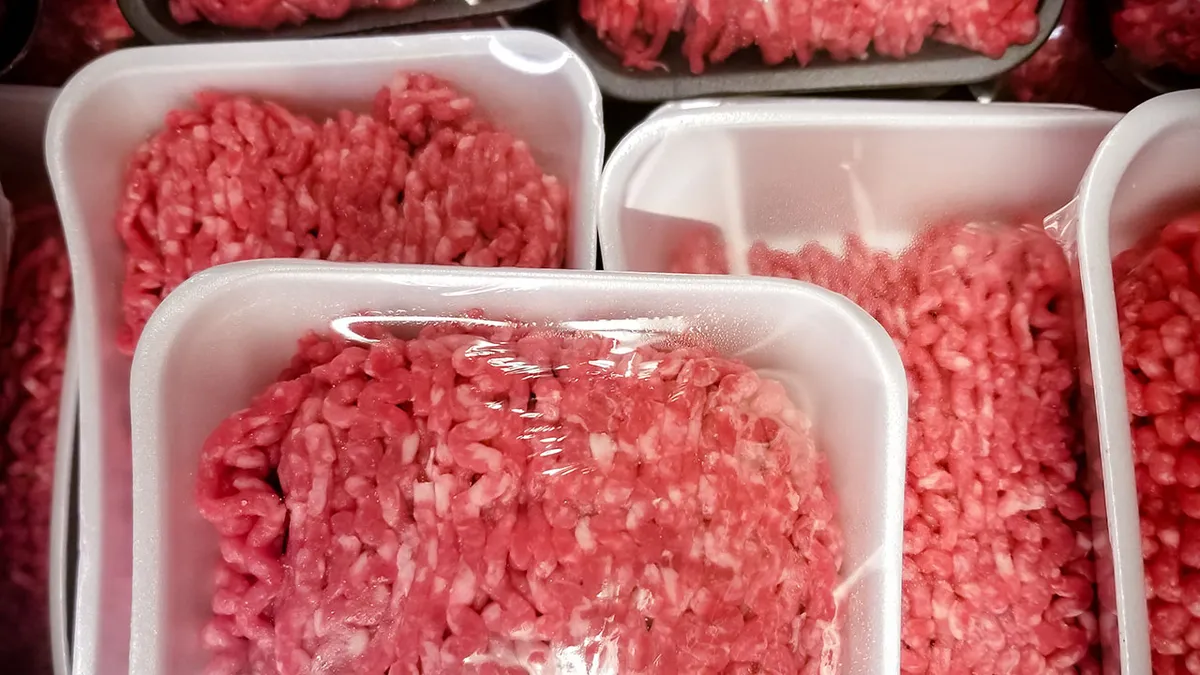
According to a recent study published in the American Society of Microbiology Journal, food contamination has been found to have a significant connection with urinary tract infections (UTIs). The research indicates that almost 1 in 5 urinary tract infections in Southern California are associated with contaminated meat, particularly strains of E. coli.
The study revealed that 18% of UTIs in the examined population were linked to E. coli strains of animal origin, which are categorized as foodborne UTIs. The primary sources of exposure were identified as chicken and turkey, raising significant public health concerns. Notably, individuals residing in low-income areas faced a 60% higher risk of contracting foodborne UTIs compared to those living in wealthier neighborhoods.
Older adults, particularly men and women, were found to be especially vulnerable to these infections. Symptoms of E. coli exposure can include severe stomach cramps, bloody diarrhea, and vomiting. The Mayo Clinic emphasizes that individuals can become infected through undercooked or contaminated food, including raw vegetables and meats. Vulnerable populations, such as the elderly and children, are at a heightened risk, with potential complications including kidney failure.
The Centers for Disease Control and Prevention (CDC) describes UTIs as common infections that occur when bacteria, often from the skin or rectum, enter the urethra and infect the urinary tract. This underscores the importance of maintaining good hygiene practices to prevent these infections.
Dr. Marion Mass, a practicing pediatrician, shared insights with NewsNation regarding preventive measures against E. coli infections. She noted that “the strains most likely to cause infection were more likely to be found in chicken and turkey.” To mitigate the risk of foodborne UTIs, she advises ensuring that meat is cooked to the proper temperature.
Additionally, practicing good bathroom hygiene is crucial. Dr. Mass emphasizes the importance of washing hands after handling raw or undercooked meat. “The E. coli starts in your gut and ends up in your stool, so wiping the correct way is pretty important,” she explained. This is especially relevant for children, who may struggle with proper wiping techniques.
When it comes to children, Dr. Mass highlights the need for vigilance regarding what they handle, especially as they learn to cook. “I am a big proponent of teaching your kids to cook, but having kids handle raw meat of any kind is a bad idea,” she cautioned. Parents should be proactive in guiding their children to prevent exposure to E. coli during kitchen activities.
As the findings of this study illustrate, food contamination can have serious health implications, particularly for vulnerable populations. By understanding the risks and adopting preventive measures, individuals can significantly reduce their chances of experiencing foodborne UTIs.